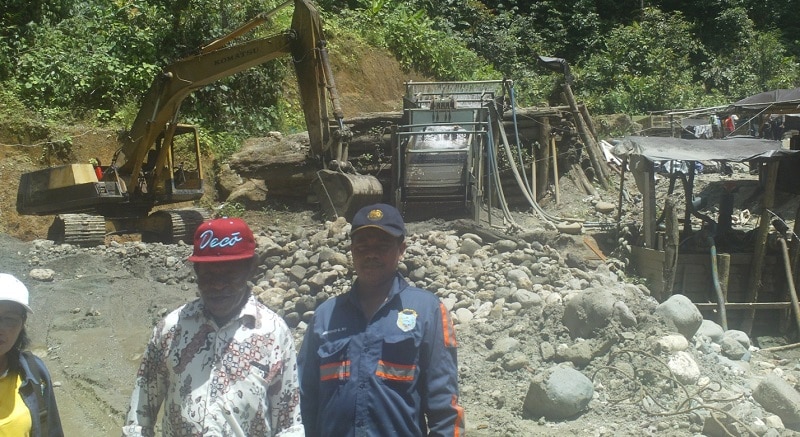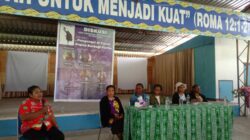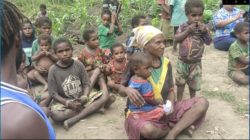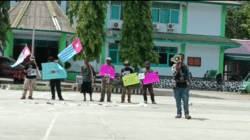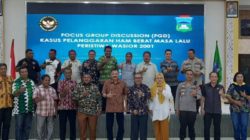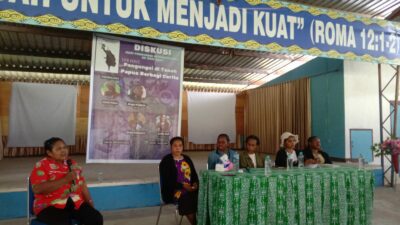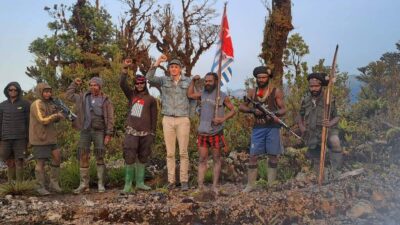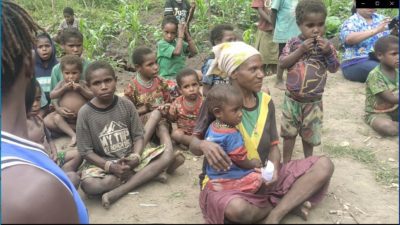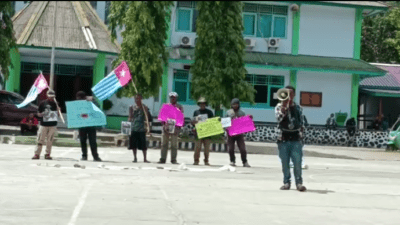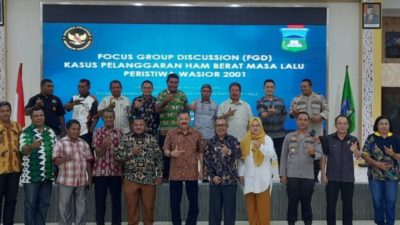
Jayapura, Jubi – From 132 mining businesses, only 79 mining business permits (IUP) are declared clean and clear by Directorate General of Minerals Ministry of Energy and Mineral Resources (ESDM).
Director of Mineral Business Development, Directorate General of Minerals of the Ministry of Energy and Mineral Resources Bambang Susigit, in Jayapura, Wednesday (August 23), said the administration of 79 mining business which declared clean and clear process is complete and their activities have met the rules.
While other 53 mining business have yet meet the procedures due to delays in delivery of documents and lack of recommendations from local governments.
“This is a constraint, with the Mining Licensing Policy Act, based on Law number 23 of 2014 on Regional Government, the authority of district and city has ended and all permits are processed by the province,” he said.
However, he stressed there are several obligations that must be tackle together such as the duty of district and municipality to organize all documents needed.
“It is expected that districts and municipalities can submit complete documents so we can processed the validation,” he said.
Furthermore, he explained from the data in the Ministry of ESDM and based on the inventory data or coaching clinic that has been done, one of the main issues is the existence of unlicensed mining activities in licensed locations.
“This is an obstacle which reduces the prospect of reserves that have been recorded and become a crucial issue, because it affects the environment and society,” he said.
This, he said is an important issue that needs to be discussed to find way to improve community welfare.
Meanwhile, Secretary Assistant for Economic Affairs and People’s Welfare of Papua, Elia Loupatty said that the existence of minerals diversified into remote areas. In some regencies in Papua such as Nabire, Paniai, hundreds of illegal mining (PETI) conduct secondary gold mining activities along Siriwo river.
For that, he said, it required an integrated coordination between regencies and provincial government that involve law enforcement officers.
“This is indispensable, because the existence of PETI causes negative impacts such as loss of local government revenue, environmental damage, mining accidents, unfavorable investor climate, social vulnerability and legal harassment,” Elia said. (*)


